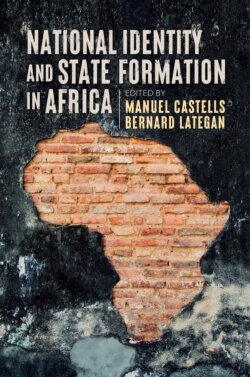Читать книгу National Identity and State Formation in Africa - Группа авторов - Страница 18
Conclusion
ОглавлениеWhether afflicted by amakwerekwere, or by Uitlanders or both, Frantz Fanon perceptively predicted in the nascent years of post-colonial nationalisms in Africa that citizenship, ‘instead of being the all-embracing crystallization of the innermost hopes of the whole people, instead of being the immediate and most obvious result of the mobilization of the people’, turns out, under narrow nationalism, to be ‘only an empty shell, a crude and fragile travesty of what it might have been’ with a greater sense of inclusiveness.
The making of contemporary South Africa is the story, par excellence, of visible and invisible mobilities. Official and popular discourses are infused with a deep suspicion of those who move, particularly those moving to urban areas and between countries and continents. Freedom of movement, especially by people deemed to be less endowed economically, is perceived by those who consider themselves more economically gifted as potentially disastrous and thus needing to be contained at all costs and against all odds.
Intended or not, racism and xenophobia are among Rhodes’s lasting legacies in South Africa. To consolidate his grip on the bodies, minds and souls of his newly found lands, Rhodes and his progeny erected statues and monuments in his honour. Rhodes and his acolytes named places, things and people after him, to ensure that he, like Dracula with a drop of blood, would continue to reactivate himself into life eternally, even when physically he was no more. This is exactly what has come to pass, with the addition of memorials and related symbols of recognition, such as the Rhodes Trust and Rhodes Scholarships housed by Rhodes House at Oxford University.
Let’s hope that those people who have benefitted and will benefit from the Rhodes Scholarship will help lead the way in imagining and enforcing conviviality between autochthony and cosmopolitanism in geographies of surging turbulence.
